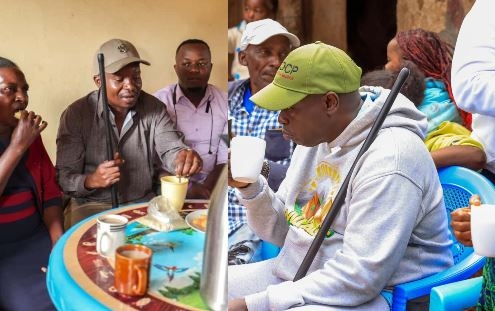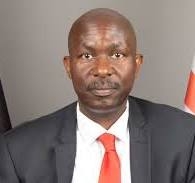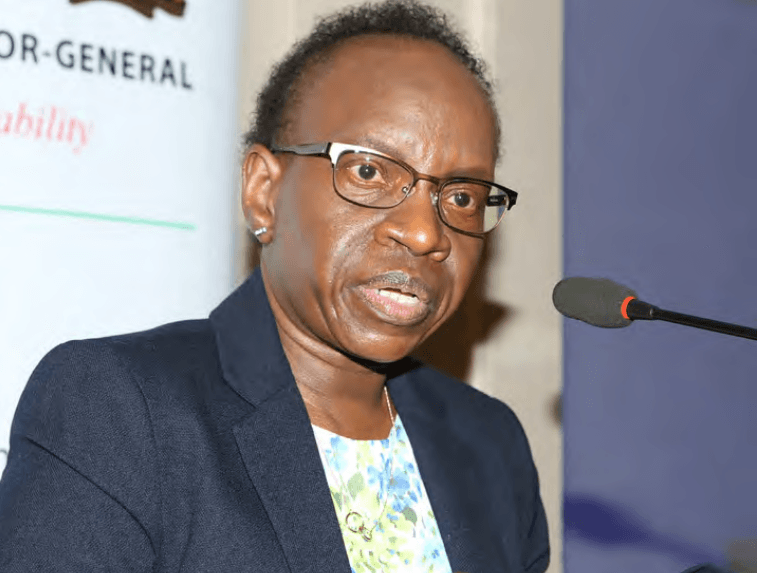Students and graduates undertaking Healthcare Assistance course have called on the government to give them licenses to enable them secure jobs in health facilities in the country and abroad.
They claim that lack of the crucial documentations has seen most of them get locked out of job opportunities and especially in public hospitals, as well as in other countries including Canada, Germany, and United Kingdom among others.
They said they suffer mistreatment while working in health facilities in the country since they are looked down upon by officers in other cadres of care giving.
Anthony Wang’ombe, the Chairman of Association of Healthcare Support Assistance in the country, said the Health Assistance course, that has been unregulated by the government for long, is now being regulated and therefore should be recognised by all health institutions across the country.
Speaking during the graduation ceremony of 150 Health Assistance students at Milestone Institute in Thika, Wang’ombe said the course is currently being regulated by Kenya Health Professionals Oversight Authority.
“The course is recognised and regulated by the government and therefore the graduates should be licensed because they have been adequately trained to work in the hospital environment. They will also be able to provide skilled labour in other countries,” he said.
The chairman said the graduates have the requisite knowledge and skills to attend to patients who are under palliative care, the elderly and disabled persons, adding that healthcare assistants are crucial in filling the deficit of healthcare workers in most health facilities across the country.
“They are trained to work in almost all departments in a hospital and they are a core health workforce who should be incorporated in healthcare giving in our facilities. We are pleading with county governments to consider and uphold this group to even address the shortage of caregivers in hospitals,” Wang’ombe said.
Milestone Institute director George Maina said the demand for healthcare assistants and especially by private hospitals in the country, is high.
“Private hospitals are even reaching out to institutions that train the healthcare assistants because they are in high demand. With proper certification, public hospitals will incorporate them in their workforce and help improve healthcare service delivery to Kenyans,” Maina said.
The director called on the government to expedite licensing of the professionals to enable them exploits job opportunities abroad.
Maina also pleaded with youths in the country to enrol for the course as well as other technical courses and desist relying on white-collar jobs saying the technical skills are in high demand across the globe.
Graduates led by Joy Karambu and Nancy Wangari made similar sentiments pleading with the government to recognise them by licensing them to enable them secure jobs with ease.
“We are qualified in nurse assistance, patient attendance and healthcare giving and all we need is certification from the government so that we can start practicing and working in health facilities. This will ensure thousands of students undertaking the course or who have graduated will secure jobs and therefore address unemployment rates among the youth,” Wangari said.

















